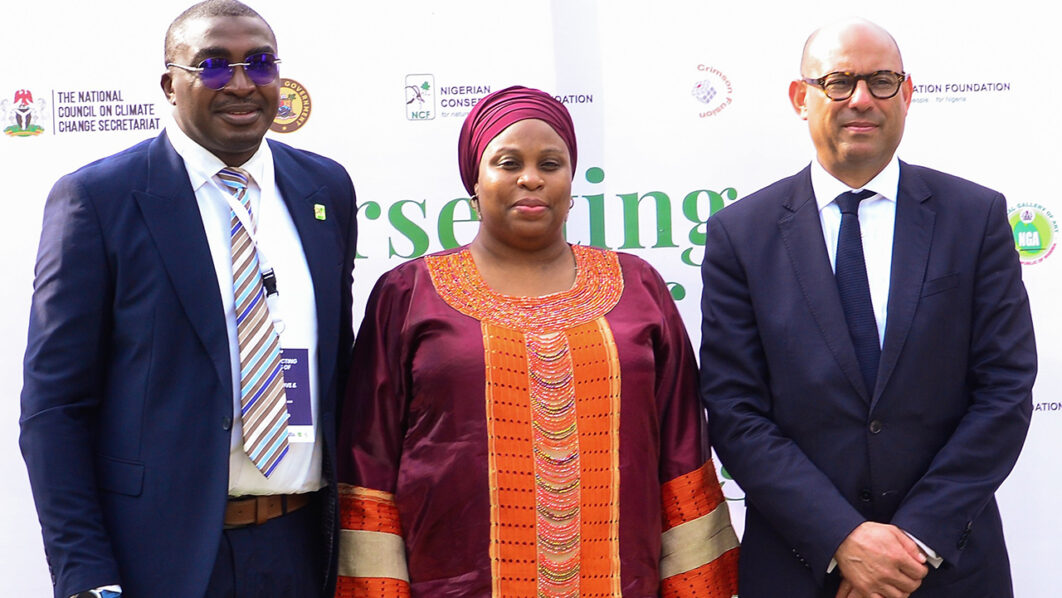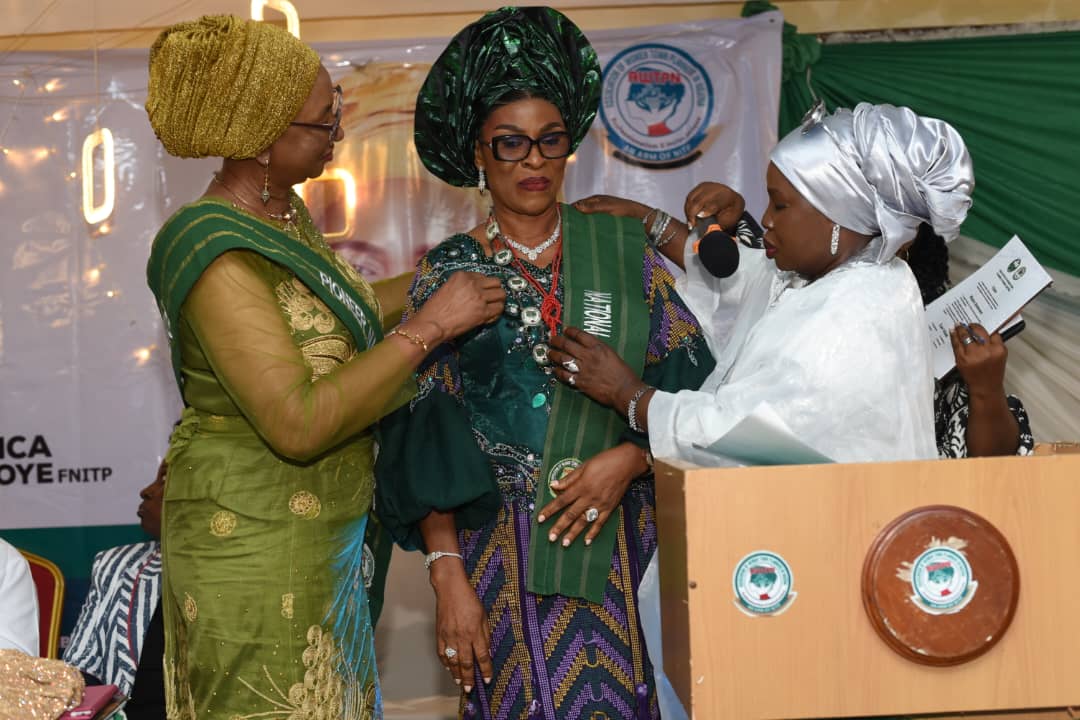
The Executive Secretary of the United Nations Framework Convention on Climate Change (UNFCCC), Simon Stiell during a visit to Nigeria recently, reinforced Nigeria’s climate commitments, fostered collaboration across various sectors, and highlighted the potential economic and environmental benefits of comprehensive climate action.
It also yielded several significant outcomes aimed at enhancing Nigeria’s climate action initiatives. Firstly, it strengthened national climate commitments as Stiell engaged with top government officials and civil society organisations to assess and bolster the country’s climate strategies.
A focal point of these discussions was Nigeria’s ambitious goal to achieve net-zero greenhouse gas emissions by 2060. The dialogues emphasised integrating nature-based solutions, such as mangrove restoration, into the nation’s climate resilience plans.
Secondly, he engaged with the private sector and participated in a symposium at the Lekki Conservation Centre, organised by the Lagos State Government, the National Council on Climate Change (NCCC), and the Nigerian Conservation Foundation (NCF).
This four-day event convened policymakers, corporate leaders, environmentalists, and media representatives to deliberate on Nigeria’s forthcoming Nationally Determined Contribution (NDC 3.0). The discussions underscored the pivotal role of the private sector in implementing climate commitments and explored the economic benefits of robust climate action plans.
Thirdly, it was an avenue to promote nature-based solutions, as the symposium also featured an art exhibition themed “Intersecting Worlds of Climate Change, Mangrove, and Art,” which highlighted the role of creative industries in driving climate literacy and awareness.
Stiell commended Nigeria’s leadership in the global climate process and reaffirmed the UNFCCC’s commitment to supporting the country’s efforts. He emphasised that climate action could serve as a gateway to a new era of growth and prosperity for Nigeria, fueled by clean and affordable energy accessible to all.
In his welcome remarks at the symposium, the Director-General of the Nigerian Conservation Foundation (NCF), Dr Joseph Onoja, emphasised the importance of harnessing Nigeria’s natural resources for sustainable development.
He said: “Nature-based solutions, like mangrove restoration, are among the most effective tools we have in the fight against climate change. Nigeria’s vast mangrove forests not only protect our coastlines but also serve as critical carbon sinks, supporting biodiversity and local livelihoods.
“At the NCF, we are committed to fostering partnerships that drive sustainable conservation efforts, ensuring that our natural ecosystems remain a key pillar of Nigeria’s climate resilience strategy.”
Also, Vice President of the Federal Republic of Nigeria, Senator Kassim Shettima, represented by Mrs Rukaiyah El-Rufai, reiterated the country’s commitment to global cooperation in tackling climate change and leveraging clean energy investments.
The UNFCCC Executive Secretary underscored Nigeria’s vast potential in green industries and clean energy adoption. Stiell said: “With 90 per cent of Nigerians employed in micro, small, and medium enterprises and the country’s abundant resources of renewable energy- sun, wind and critical minerals, the ripple effects of green growth will be felt in every local community and economy.
“Investing in clean energy and sustainable agriculture will create jobs, attract foreign investment, and strengthen Nigeria’s global and regional competitiveness.”
He called for increased climate financing from public and private sources, stressing that a robust national climate plan could ‘supercharge’ Nigeria’s economy while positioning the country as a leader in climate action. He emphasised that inclusive climate policies must allow all Nigerians to contribute to and benefit from sustainable development efforts.
He urged stakeholders to scale up mangrove restoration efforts, stating that investing in these ecosystems is not just an environmental necessity but an economic opportunity that can pay for itself many times over.
Director-General of the NCCC, Dr Nkiruka Maduekwe, highlighted the importance of collaboration, saying, “Nigeria’s climate ambitions are clear: we are committed to leveraging our natural resources and innovative policies to drive sustainable development.
“This symposium has reinforced the critical role of partnerships in accelerating climate action. With Nigeria’s vast mangrove ecosystems and clean energy potential, we have a unique opportunity to lead in nature-based solutions, attract climate finance, and build a resilient, low-carbon economy.”






